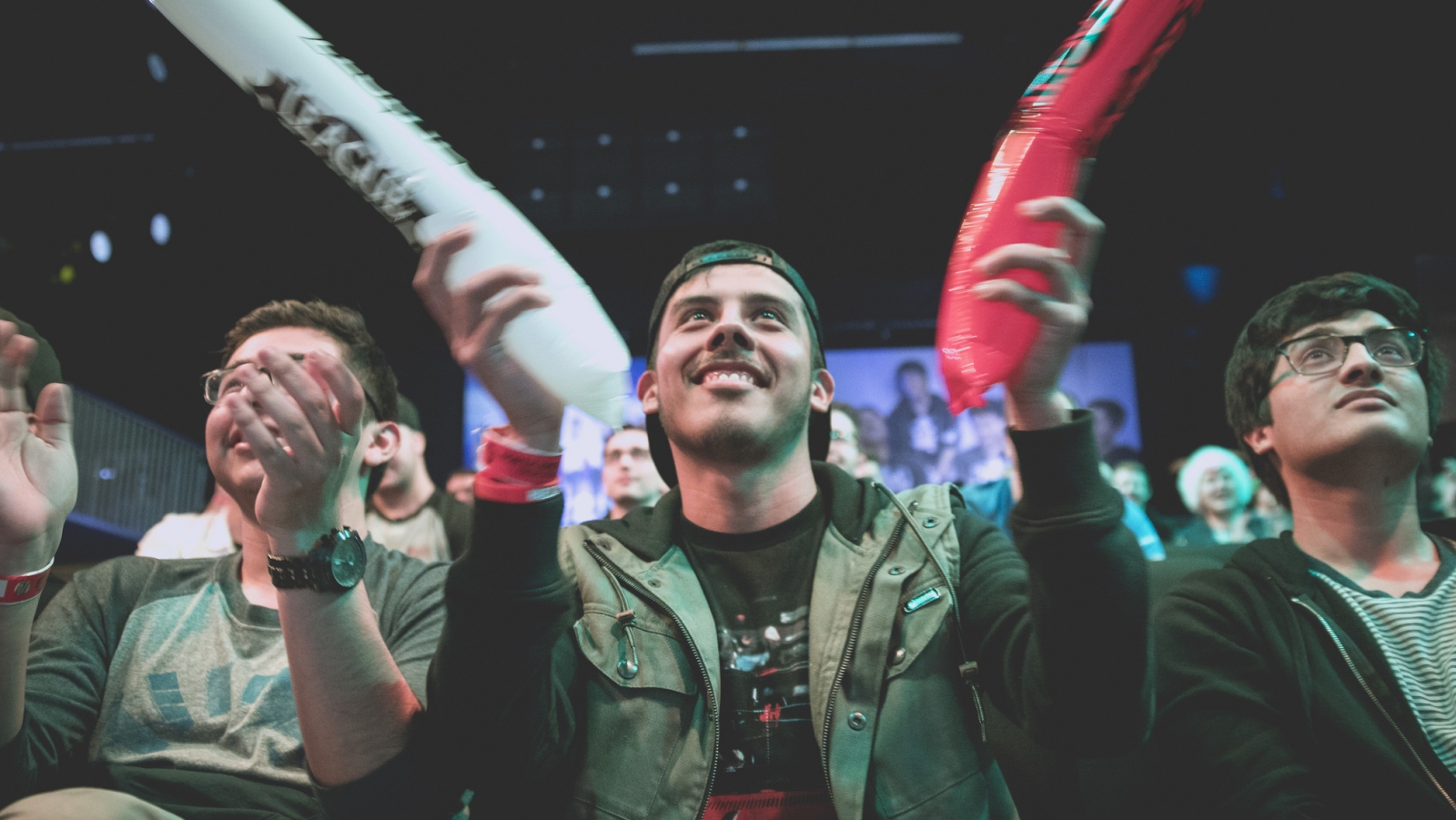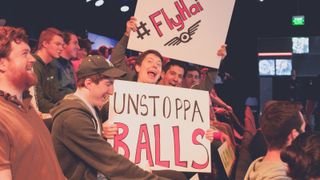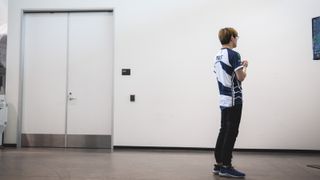League of Legends lessons from the NA LCS Spring Split
A new season means a fresh start for the scene.

The top four North American teams for the Spring Split of the LCS have been decided: Team SoloMid, Phoenix1, Cloud9, and FlyQuest. The promotion tournament has come and gone, and eUnited and Gold Coin United were unable to take the spot they so badly wanted from Team EnVyUs and Liquid. The split isn’t quite over yet, but the winners and losers are becoming clear. In some ways, things were very static. There were only three rookies this split, no one got booted out, and we saw some old faces return. So what can we learn from the spring split so far, and what do they mean for the future of the LCS?

Fun games go a long way
After Worlds 2016, North America limped home to a livid crowd. Only one NA team, Cloud9, had barely scraped out of Groups, and they immediately got eliminated by Samsung Galaxy. After spending summer asking if the gap was closing and excitedly buzzing among themselves, North American fans watched their heroes get the snot kicked out of them. The top four were ROX Tigers, Samsung Galaxy, and SKT T1 (three Korean teams), and EU’s H2K. The entire summer buildup, TSM’s 17-1 split, the expectations... came to nothing. Fans were furious, swore that the gap would never close, criticized everything from training schedules to champion picks, and then insisted that they’d never get invested again.
Some of those fans probably kept their promise. Most of them are back, watching every spring game. Over in Korea, KT and SKT are at each other’s throats with some beautiful, magnificent League of Legends series games that are heads and shoulders above NA play. Most people are much happier watching the LCS and writing elaborate jokes about a sinister, dark Meteos hunting down the former members of Cloud9 to enhance his jungle bloodlust. In fact, we saw a lot of old faces in the LCS this split. Which leads us to our next point:

We love our legends
FlyQuest has all of the ingredients for a potent anger explosion. A big money team shows up, buys the team last minute, puts on a very odd and out of touch logo and team name, has a significant rough streak, but manages to bounce back and ends up in semifinals. In an alternate universe, it’s very easy to see how people might consider this a lazy team backed by money who took a playoffs (and an LCS) spot from the other teams in the region.
No one is angry with them. Some people were disappointed, during the aforementioned slump, but people were happy when they bounced back. That’s because the brand doesn’t matter when you have Balls, LemonNation, and Hai. People want “Cloud9 White” to succeed, and FlyQuest seems like an afterthought. This puts the organization itself in a perilous spot. If their players were to leave (and retirement isn’t new to this crowd), who would remain a FlyQuest fan? How can someone even be a fan of the organization at this point, when it is so young?
This was a problem Renegades was beginning to face, but their LCS tenure came to an end before things could come to a head. When you’re making roster swaps, eventually you run into a Ship of Theseus dilemma, where you have to ask what remains for fans to connect to. You’ll run into the occasional TSM or CLG diehard, but younger teams haven’t gained that kind of traction yet. They’re still figuring out the formula, and until then, picking up some lovable players is a perfect band aid solution.

It’s tough on the bottom
Oh, Team Liquid. Have you ever read one of the Russian stories where a plucky protagonist is in a bind, and despite the fact that they do everything right and are irrefutably pure of heart, existence just crushes them anyways? The end, no moral, everyone dies. If you missed out on that kind of experience, you can just watch the promotion tournament. Gold Coin United did everything “right”, they made a solid run for the LCS, and they came just one game short of succeeding. Liquid picking up Doublelift, one of the best players in the West, very late in Spring probably contributed to that. Steve Arhancet, owner and co-CEO, made a joke about the team escaping the jaws of relegation thanks to very large amounts of money deposited into Doublelift's bank account, but it came across as a tad tone deaf.
The biggest gaming news, reviews and hardware deals
Keep up to date with the most important stories and the best deals, as picked by the PC Gamer team.
Then again, it’s hard to be mad at an organization that responded to an email asking why someone might be a fan with: “I think we are a very sympathetic team that engages with our fans through social media constantly. We've been in esports for over a decade and have stood the test of time.” It’s a little like a dating site that reads “I bathe, I’m nice, and at no point have I electrocuted myself to death.” It sure is a list of accomplishments, but not one that inspires attachment.
As spring winds up and MSI approaches, teams that didn’t make the top four are going to be looking to rebuild
Liquid has been struggling for quite some time now, but this was the furthest they’ve ever dipped. It’s tough on the bottom, especially with relegation being an effective death sentence to most organizations. Spring is generally treated as the “easier” split, since Worlds is less of a priority. Throwing everything and the kitchen sink at a roster, and still barely making it back into the LCS has to take a psychological toll.
As spring winds up and MSI approaches, teams that didn’t make the top four are going to be looking to rebuild. If we’ve learned anything from this spring split, it’s that rebuilding can be easier than you think. Esports has a surprisingly short memory, and we’re likely to see some shakeups in summer that’ll restore fan faith in previously struggling orgs. There’s just one trick: teams need to build for long term success, and not chase the short term glory of a Worlds slot at summer. We’ll see what lessons organizations take from spring, and whether they’ll repeat the mistakes of the past in the months to come.
Most Popular

